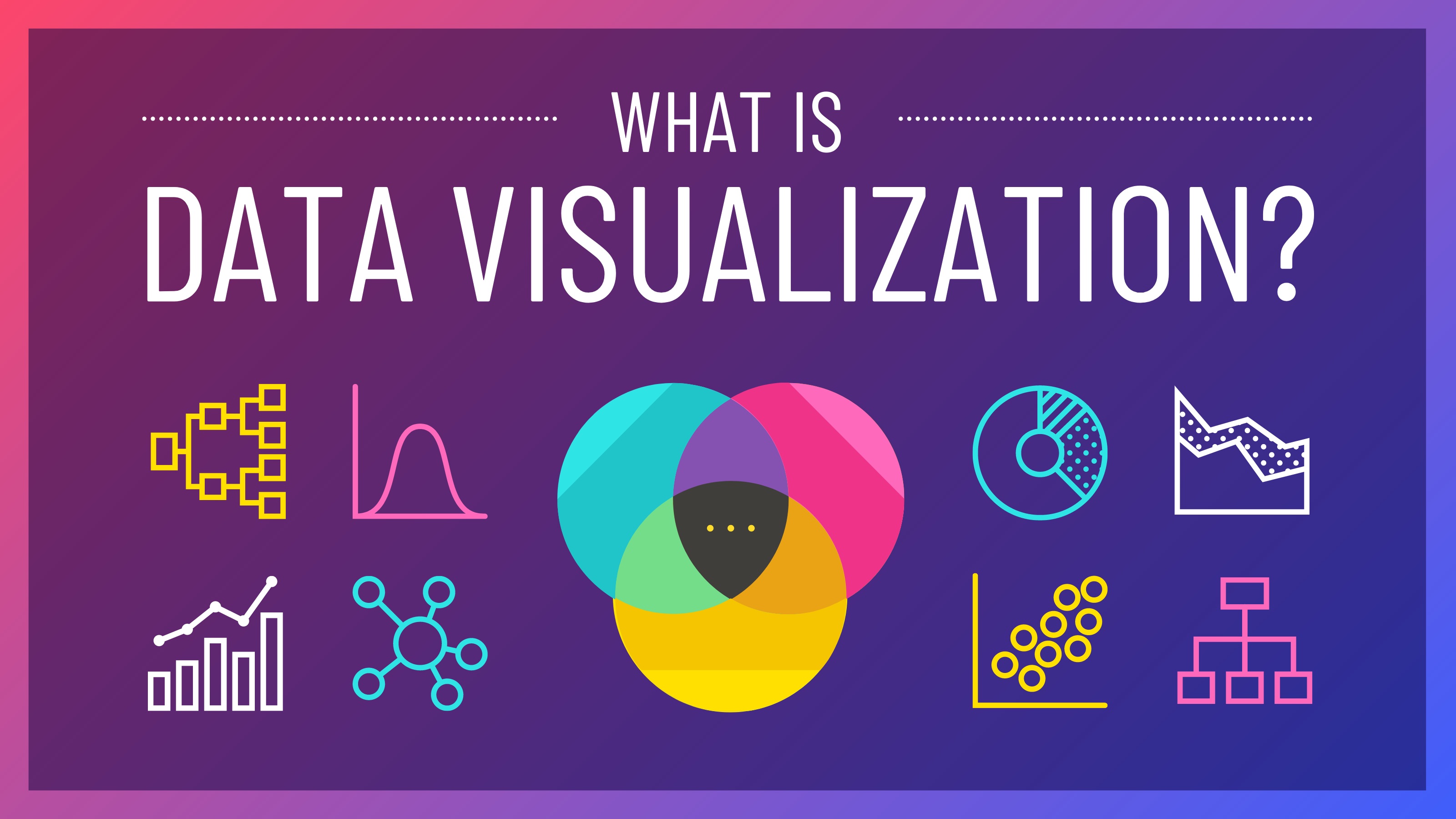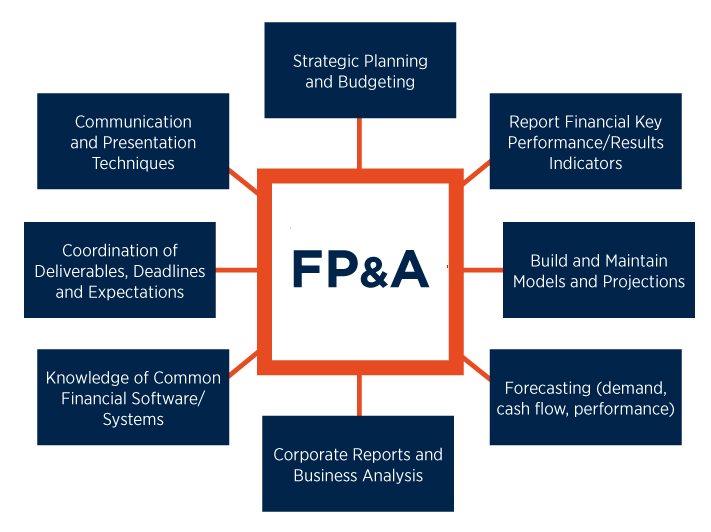Graduating from college is an exciting milestone, but it often brings questions about what comes next in terms of career preparation. For those looking to jump-start their careers, post-graduation courses can offer specialized skills that make candidates job-ready in high-demand fields. These targeted courses range from coding bootcamps and digital marketing certifications to project management and data analytics programs. By enrolling in a program that matches your career goals, you can improve your skills and align them with the demands of today’s job market.
This guide covers the top courses that can enhance employability, providing practical skills and certifications that employers seek.
1. Data Analytics and Visualization Courses
With companies heavily relying on data-driven decision-making, data analytics is one of the most in-demand skills across industries. A data analytics course teaches graduates how to interpret large sets of data, identify trends, and provide insights that guide strategic planning. Many programs also cover visualization tools like Tableau and Power BI, which are crucial for presenting data in an accessible format.

For those interested in roles like business analyst, data analyst, or marketing analyst, a reputable data analytics course can be a game-changer. Courses by platforms like Google Data Analytics Professional Certificate and Coursera’s Data Science Specialization by Johns Hopkins University offer comprehensive training, from beginner to advanced levels. This skillset is highly applicable in finance, healthcare, retail, and technology sectors, where data analysis drives key decisions.
2. Digital Marketing and Social Media Management
The shift to digital media has made digital marketing an essential area for businesses of all sizes. A course in digital marketing provides a thorough understanding of tools and strategies, including SEO, content marketing, pay-per-click (PPC) advertising, and social media management. Professionals skilled in digital marketing can help businesses expand their online presence, attract customers, and increase revenue.
Courses like HubSpot’s Inbound Marketing Certification or Google’s Digital Marketing and eCommerce Certificate are highly recommended for graduates interested in digital marketing roles. Additionally, social media management courses offer insights into effective brand engagement and audience analysis, which are critical skills in today’s digital age. Digital marketing expertise is particularly useful for roles in marketing agencies, startups, and e-commerce businesses.
3. Project Management Certifications
Project management skills are sought after in nearly every industry, as companies require organized leaders to guide projects from inception to completion. Courses in project management teach skills such as time management, risk assessment, resource allocation, and team leadership. Earning a certification like Project Management Professional (PMP) or Certified Associate in Project Management (CAPM) demonstrates a commitment to the discipline and validates your skills to potential employers.
Project management certifications are especially valuable for roles in construction, information technology, healthcare, and corporate settings. Many graduates find that a project management course enhances their organizational abilities, making them more effective team members or future leaders. These courses are offered through providers like the Project Management Institute (PMI), edX, and Simplilearn, which cater to different experience levels.

4. Coding and Software Development Bootcamps
For those interested in tech, coding bootcamps offer a fast-paced way to acquire coding skills needed for software development, web development, and app development roles. Coding bootcamps cover languages like JavaScript, Python, Ruby, and frameworks like React and Node.js. Many bootcamps are project-oriented, allowing students to build portfolios showcasing their skills to potential employers.
Programs like General Assembly, Flatiron School, and Codecademy provide immersive coding experiences that prepare graduates for entry-level roles in tech. These bootcamps can be completed in a few months and are ideal for those with limited time but a strong interest in software development. With tech jobs in high demand, a coding bootcamp can be a fast track to job readiness in a lucrative field.
5. Financial Planning and Analysis (FP&A)
Finance remains a robust field with numerous opportunities, especially for those equipped with analytical and forecasting skills. A Financial Planning and Analysis (FP&A) course introduces graduates to financial modeling, budget forecasting, and variance analysis, essential for roles in corporate finance, investment banking, and financial consulting.

Financial analysis programs, such as the Corporate Finance Institute’s FP&A Certification, provide the tools to understand financial statements, cash flow projections, and cost analysis. These skills are invaluable for roles in finance departments of large corporations or in financial planning firms, where professionals help guide financial decisions. Graduates with FP&A skills are more prepared for roles like financial analyst, budget analyst, or even CFO-track positions.
6. Human Resources (HR) and Talent Management
Human resources remains a key function in all businesses, requiring skilled individuals who can manage recruitment, employee relations, and workforce planning. An HR certification course provides knowledge in labor laws, employee engagement strategies, conflict resolution, and training and development programs.
Programs like the Society for Human Resource Management (SHRM) Certification or HRCI’s Associate Professional in Human Resources (aPHR) certification are highly regarded in the HR field. With an HR certification, graduates can pursue roles as HR coordinators, talent acquisition specialists, or HR generalists. In an age of remote and hybrid work models, HR professionals with strong people skills and organizational expertise are more important than ever.
7. Cybersecurity and Information Security

As cyber threats continue to grow, cybersecurity skills are in high demand, with companies eager to protect their digital assets. A cybersecurity course teaches graduates how to safeguard networks, prevent data breaches, and understand security protocols. Courses often cover ethical hacking, threat analysis, and risk management, all crucial for roles in information security.
Programs like CompTIA Security+ and CISSP Certification are respected within the field and cater to different experience levels. For graduates looking to enter IT or network security, completing a cybersecurity certification can lead to roles like security analyst, information security specialist, or systems administrator. The demand for cybersecurity professionals is only expected to increase, making this field a reliable career choice.
8. UX/UI Design and Product Design
User experience (UX) and user interface (UI) design have become essential in creating engaging digital products. UX/UI design courses teach principles of visual design, user research, and prototyping, equipping graduates with the skills to enhance product usability and aesthetics. These courses typically include hands-on projects, enabling students to build a portfolio of work that demonstrates their design capabilities.
Popular UX/UI design programs are offered by institutions like Springboard, CareerFoundry, and Coursera. UX/UI designers are in high demand in tech, marketing, and e-commerce, where companies seek to improve the user experience of websites, apps, and software. These roles are ideal for those interested in both creativity and technical problem-solving.

9. Supply Chain Management and Logistics
Supply chain management is another high-demand field, particularly in industries like manufacturing, retail, and healthcare. A course in supply chain management covers logistics, inventory management, procurement, and quality control, preparing graduates for roles that ensure the smooth flow of goods and services.
The APICS Certified Supply Chain Professional (CSCP) program and courses on Coursera and edX offer a strong foundation in supply chain management. Graduates with supply chain skills are essential for companies looking to optimize processes, reduce costs, and improve efficiency. Roles in this field include supply chain analyst, logistics coordinator, and procurement specialist.
10. Artificial Intelligence and Machine Learning
Artificial intelligence (AI) and machine learning (ML) are among the fastest-growing fields, with applications in almost every industry, from healthcare to finance. AI and ML courses cover machine learning algorithms, neural networks, and predictive modeling, equipping graduates with the skills to work in data science, automation, and AI-driven product development.
Programs like IBM’s AI Engineering on Coursera or the MIT Professional Education’s Machine Learning course are excellent options. Professionals skilled in AI and ML can pursue roles as data scientists, ML engineers, or AI developers. With AI’s growing presence, these skills ensure a competitive edge in the job market.
Conclusion: Choosing the Right Course for Your Career Path
Choosing the best course after graduation depends on your career goals, field of interest, and the demands of the job market. Whether it’s data analytics, digital marketing, or supply chain management, the right course can provide immediate job readiness and a pathway to a rewarding career. The courses listed here cater to various fields, from technology to finance, ensuring there is an option for everyone. By investing in these in-demand skills, graduates can position themselves for success and meet the needs of today’s employers.

Leave a Reply